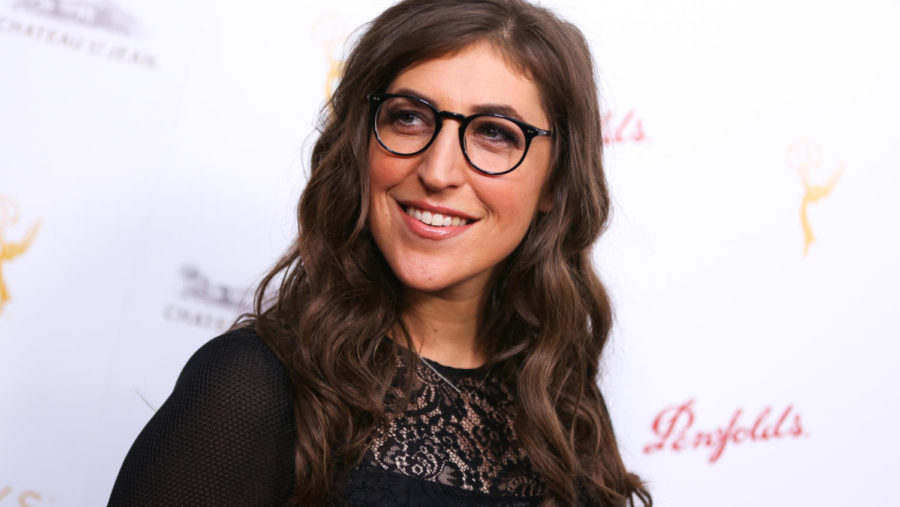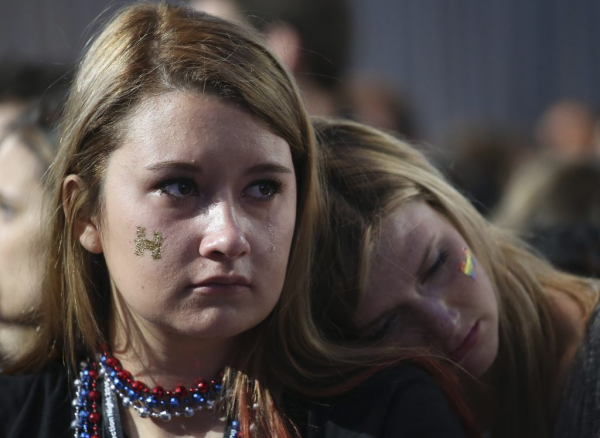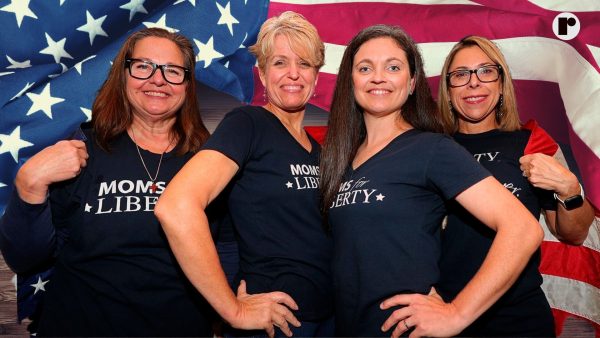Mayim Bialik creates controversy with her views on Hollywood sexual harassment
Mayim Bialik arrives at the 2015 Performers Peer Group Celebration Presented by The Television Academy at the Montage Hotel on Monday, Aug. 24, 2015, in Beverly Hills, Calif. (Photo by Rich Fury/Invision/AP)
On October 13, 2017 Mayim Bialik, American actress and neuroscientist, posted an op-ed in the New York Times about Harvey Weinstein and the sexual harassment charges against him. While her intentions may have been helpful, her words have caused warranted controversy.
Recently, more than 50 women have came out with sexual harassment accusations against Harvey Weinstein. These accusations have flooded the mainstream news. Actresses such as Gwyneth Paltrow, Ashley Judd and Angelina Jolie are just three of the big names to make these accusations.
Harvey Weinstein is an American film producer and former film studio executive. On October 8th, Harvey Weinstein was fired from his position in the Weinstein Company because of the allegations against him.
Mayim Bialik published an article in The New York Times titled, “Being a feminist in Harvey Weinstein’s World” in response to this story. In her article, she talks a lot about her modesty and how she chooses to be as a woman in Hollywood. Her article did seem to blame the victim at times, although that was not her intention
“…That I was immersing myself in a business that rewarded physical beauty and sex appeal above all else,” wrote Mayim Bialik’s Op-Ed published on the New York Times.
This can be perceived as she’s saying that people who end up in the same industry as her should have realized that that’s what the industry is all about, so I can understand why people believe this op-ed to be victimizing although I don’t believe that was her intentions in writing it.
Very early on in her Op-ed she makes a comment that speaks volumes.
“I dress modestly. I don’t act flirtatiously with men as a policy.”
She implies other women get sexually harassed and/or assaulted based on the way they dress. She seems to be placing the blame on them for not changing the way they appear in such a hostile environment.
Not only that but she sets herself apart from her and the rest of the women in the same industry as her by this statement,
“My mom didn’t let me wear makeup or get manicures. She encouraged me to be myself in audition rooms, and I followed my mother’s strong example to not put up with anyone calling me “baby” or demanding hugs on set. I was always aware that I was out of step with the expected norm for girls and women in Hollywood.”
She seems to be putting the onus of harassment on the women. Many believed she was blaming them for their choices and for not being prepared for the abuse.

I am in 12th grade. I would like to become a social worker. I would like to expand my writing skills and be more in tune with what's going on around me.








